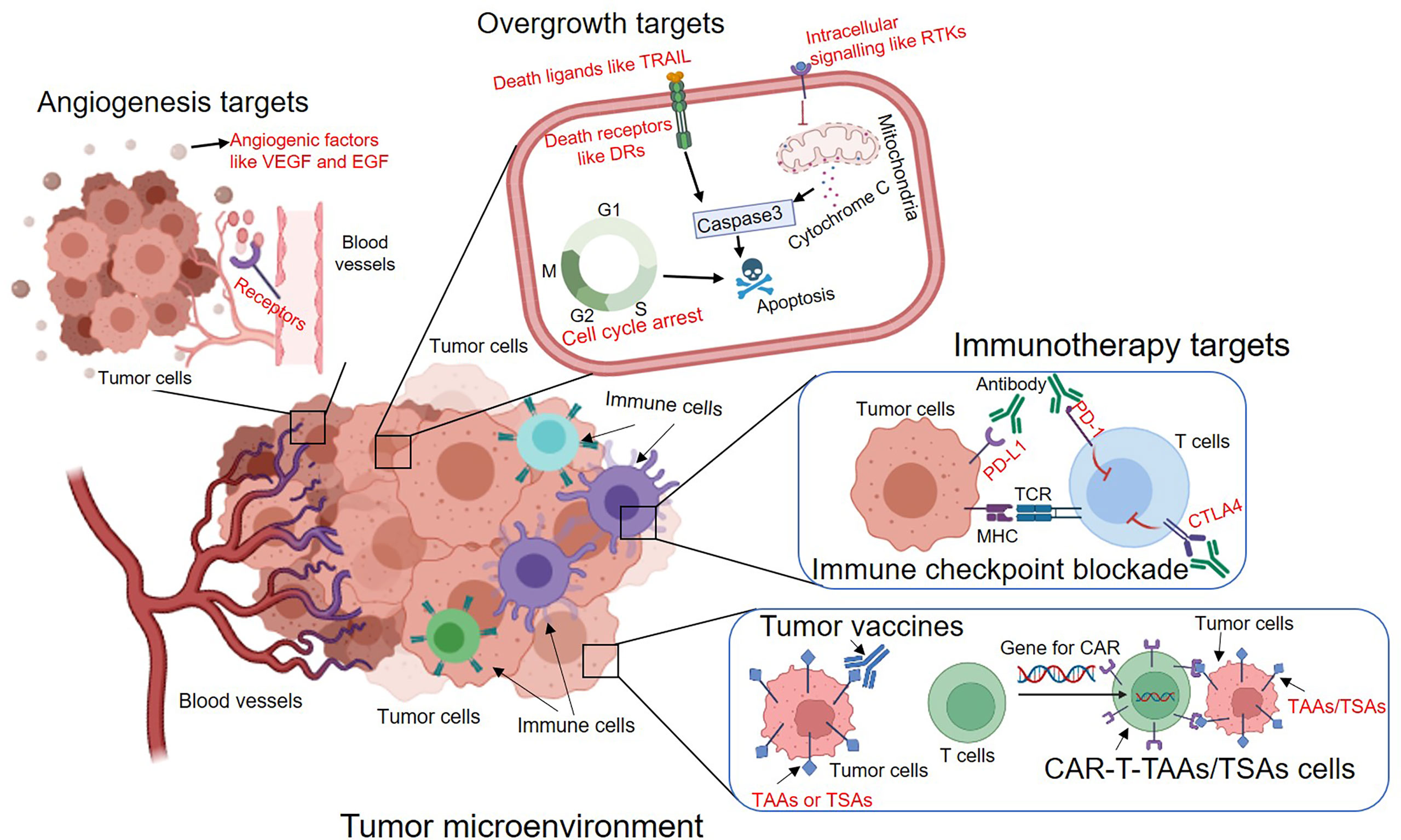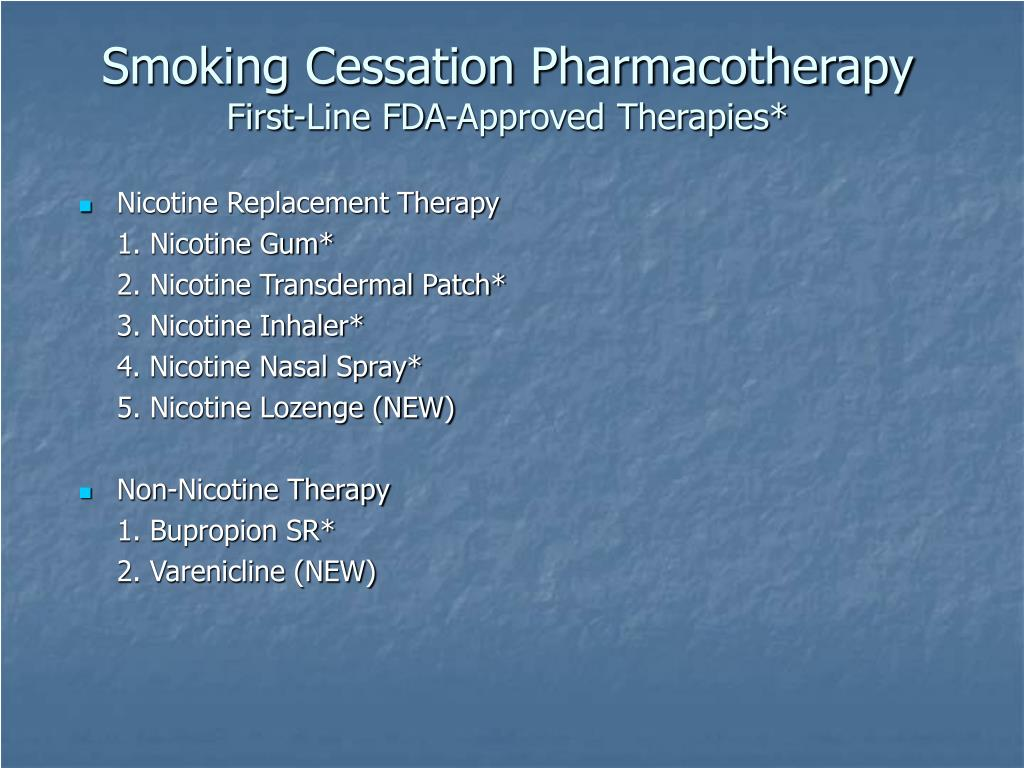Targeted molecular therapies represent a groundbreaking advancement in cancer treatment, focusing on the unique genetic mutations and protein interactions that drive tumor growth. These innovative approaches aim to precisely disrupt the mechanisms behind uncontrolled cellular proliferation by utilizing small molecules known as “molecular glues.” Research has revealed how these molecular glues can bind to proteins that typically don’t interact, prompting the degradation of oncogenic proteins critical to cancer progression. By uncovering these intricate connections, scientists can develop more effective therapies tailored to specific malignancies, including challenging cases like medulloblastoma. As researchers continue to explore the potential of targeted therapies, the future of cancer treatment looks increasingly promising, providing hope for tailored interventions that directly address the complexities of each patient’s disease.
Innovative cancer therapies, often referred to as precision medicine, are increasingly adopting strategies that target specific molecular mechanisms underpinning tumor development. This approach leverages the unique genetic profiles of tumors, including mutations that alter protein functions or interactions, to provide more effective treatments. Researchers are particularly excited about the emergence of molecular glues—small molecules that can facilitate interactions between proteins, potentially correcting the miscommunication caused by genetic alterations. By understanding how these interventions can modify protein networks, particularly in aggressive cancers like medulloblastoma, scientists are paving the way for breakthroughs in targeted treatment methodologies. The potential applications of these advanced therapies extend beyond oncology, promising enhancements in the treatment of various diseases rooted in similar molecular pathologies.
Understanding Targeted Molecular Therapies
Targeted molecular therapies represent a groundbreaking approach in cancer treatment, focusing on the specific genetic mutations that drive tumor growth. Unlike traditional chemotherapy, which can affect both healthy and cancerous cells, these therapies hone in on particular molecular targets associated with cancer. By using small molecules and genetic insights, researchers are paving the way for treatments that are not only more effective but also less toxic, enhancing the patient’s overall quality of life.
The research highlighted in recent studies emphasizes the potential of targeted molecular therapies to disrupt key protein interactions necessary for cancer cell survival. These advances are particularly pertinent in cases such as medulloblastoma, where understanding the genetic underpinnings is crucial. By identifying specific mutations and their associated pathways, scientists are beginning to tailor therapies that can block these interactions, ultimately leading to more precise and personalized treatment options for various cancer types.
The Rise of Molecular Glues in Cancer Treatment
Molecular glues are emerging as a novel class of therapeutic agents in the realm of cancer treatment. These small molecules can facilitate interactions between proteins that would normally remain separate, leading to significant alterations in cellular processes. Research has demonstrated that these glues can trigger the degradation of cancer-associated proteins, thus addressing the core of oncogenic mechanisms that sustain tumor growth. This innovative strategy allows for the manipulation of protein interactions that have long been considered ‘undruggable,’ thus opening new avenues for drug discovery.
The recent studies on molecular glues have uncovered how certain compounds, such as UM171, can alter critical protein interaction networks involved in gene regulation. By leveraging the concept of molecular glues, researchers can design therapies that specifically target and disrupt these complex interactions. The ability to visualize mutations, as showcased in the studies of KBTBD4 protein interactions, further enhances our understanding of how these glues can be effectively utilized in clinical settings, providing a significant leap forward in targeted therapy.
Genetic Mutations and Their Role in Cancer Biology
Genetic mutations play a pivotal role in the development and progression of cancer. Insights gained from studying specific mutations can illuminate the pathways that lead to tumorigenesis, which is crucial for developing effective treatments. In pediatric brain cancers like medulloblastoma, understanding these mutations helps researchers identify the aberrant signaling processes that contribute to uncontrolled cell growth. The focus on genetic variations allows scientists to not only better understand cancer biology but also develop targeted therapeutic approaches tailored to individual genetic profiles.
In recent studies, researchers have delved into mutations in the KBTBD4 protein, which are known to disrupt normal protein interactions and contribute to cancer progression. By using advanced techniques like cryo-electron microscopy, scientists have visualized how these mutations affect protein structure and function. This intersection between genetic mutations and their functional consequences highlights the importance of integrating genetic insights into the design of molecular glues, leading to therapeutic strategies that can interfere with these identifiable cancer pathways.
The Mechanisms Behind Protein Interactions in Cancer
Understanding the mechanisms by which proteins interact is fundamental to deciphering cancer biology. Proteins often work in complex networks, and even a minor alteration in one protein can have cascading effects on the entire cellular system. The studies exploring molecular glues illustrate how manipulating these interactions can have profound implications for cancer treatment. By identifying and designing molecules that can influence these interactions, researchers can effectively alter protein behavior and potentially reverse oncogenic processes.
The integration of functional genomics and structural biology in recent research has been instrumental in uncovering these intricate protein dynamics. The identification of how molecules like UM171 interact with complexes such as CoREST reveals not only new therapeutic targets but also highlights the potential for combined approaches that leverage both chemical and genetic insights. Understanding these protein interactions is crucial for designing future therapies that are both effective and precise, providing a robust framework for advancing cancer treatment.
Exploring Therapeutic Strategies in Medulloblastoma
Medulloblastoma, a common pediatric brain cancer, presents unique challenges in treatment due to its complex genetic landscape. Recent research focusing on this cancer type has uncovered specific genetic mutations that play crucial roles in its pathogenesis. By targeting these mutations through molecular therapies, researchers aim to disrupt the signaling pathways that allow these tumors to thrive, transitioning from a one-size-fits-all approach to more individualized treatment plans.
The exploration of molecular glues in the context of medulloblastoma illustrates the potential for novel therapeutic approaches that can target critical interactions within the tumor’s biology. As researchers identify and understand these unique genetic alterations, they can further leverage molecular glues to develop targeted therapies that address the root causes of the disease rather than its symptoms. This innovative approach highlights the importance of continued research in the development of more effective treatment modalities.
The Future of Cancer Treatment: A Multi-faceted Approach
The future of cancer treatment is moving toward a multi-faceted approach that combines targeted molecular therapies with insights gained from genetic studies. By integrating knowledge of genetic mutations and protein interactions, researchers are poised to develop therapies that can adapt to the unique profiles of individual tumors. This directed approach is essential in improving treatment outcomes and minimizing side effects, ensuring that each patient receives tailored care.
As the research community delves deeper into the complexities of cancer biology, the convergence of chemical and genetic understanding will likely foster breakthroughs in therapy development. Studies like those conducted in Brian Liau’s lab underscore the importance of this integrated research paradigm. By understanding how molecular glues influence protein interactions alongside genetic mutations, researchers can unlock new strategies that redefine cancer treatment and potentially extend beyond oncology altogether.
The Importance of Collaborative Research in Cancer Studies
Collaboration among researchers, institutions, and disciplines is crucial in the field of cancer research. The complexity and multifactorial nature of cancer necessitate diverse expertise and perspectives. As demonstrated in the recent studies from Liau’s lab, contributions from various institutions, including Harvard Medical School and the Broad Institute, highlight the strength that collaborative efforts bring to the table. By pooling resources and knowledge, researchers can tackle challenges more effectively and accelerate the pace of discovery.
Collaborative research not only fosters innovation but also facilitates the sharing of techniques and methodologies that enhance our understanding of cancer. The combined efforts of chemists, biologists, and medical professionals create a holistic approach to cancer therapy that integrates novel molecular insights with clinical applications. This synergy is particularly evident in the quest to design molecular glues and identify novel therapeutic targets within cancer biology, marking a significant step toward the realization of personalized medicine.
Innovations in Drug Design: Targeting Undruggable Proteins
Identifying and targeting proteins previously deemed undruggable has been a longstanding challenge in drug design. However, innovative approaches like the use of molecular glues provide new pathways to overcome this hurdle. These small molecules can create interactions between proteins that were not thought to engage one another, leading to new avenues for therapeutic intervention. The ability to alter these previously inaccessible targets significantly enhances the range of potential cancer treatments.
Recent findings demonstrating the efficacy of molecular glues in targeting complex proteins such as CoREST illustrate how advancements in drug design can shift the landscape of therapeutic possibilities. By harnessing insights from protein interactions and genetic mutations, researchers can craft bespoke therapies that specifically disrupt the machinations of cancer, offering hope for more effective treatment options and better patient outcomes. This represents a significant evolution in our understanding of how to approach drug design in the era of personalized medicine.
Implications Beyond Cancer: Broader Applications of Research
The implications of recent cancer research extend far beyond oncology, suggesting potential applications in various other diseases. The mechanisms identified through studies of targeted molecular therapies and molecular glues may provide insights into illnesses that involve complex protein interactions and regulatory networks. Diseases such as neurodegenerative disorders and autoimmune conditions may benefit from the same approaches being explored for cancer treatments, highlighting an interdisciplinary potential.
As researchers continue to explore the convergence of genetic and chemical strategies, the lessons learned in cancer research may revolutionize treatment methodologies across multiple fields of medicine. This interdisciplinary approach can lead to innovative therapies that capitalize on the intricacies of molecular biology, encouraging a broader understanding of how we address a variety of health challenges. The future of medicine may well be shaped by these foundational advancements in targeted therapies.
Frequently Asked Questions
What are targeted molecular therapies and how are they used in cancer treatment?
Targeted molecular therapies are innovative cancer treatments that focus on specific genetic mutations or protein interactions within cancer cells. By identifying and targeting these unique molecular characteristics, therapies can disrupt the growth of tumors, leading to more effective and personalized cancer treatment strategies.
How do molecular glues contribute to targeted molecular therapies for cancer?
Molecular glues are small molecules that facilitate interactions between normally non-interacting proteins, leading to the degradation of disease-causing proteins. This mechanism helps in targeted molecular therapies by allowing researchers to exploit these interactions to design drugs that can specifically target and eliminate proteins involved in cancer progression.
What role do genetic mutations play in the effectiveness of targeted molecular therapies?
Genetic mutations can significantly influence the effectiveness of targeted molecular therapies. By understanding how specific mutations affect protein interactions, researchers can develop therapies that target these altered pathways, ultimately enhancing the precision and efficacy of cancer treatments.
Can targeted molecular therapies be effective for medulloblastoma?
Yes, targeted molecular therapies show promise in treating medulloblastoma, a pediatric brain cancer. Research indicates that specific genetic mutations in medulloblastoma cells can be targeted using molecular glues and other targeted therapies, making treatment more effective and tailored to the patient’s unique tumor profile.
What are the potential benefits of using molecular glues in drug development for cancer treatment?
Using molecular glues in drug development presents several benefits, such as the ability to target previously undruggable proteins, enhance the specificity of treatments, and initiate interactions that lead to the selective degradation of harmful proteins. This innovative approach can significantly improve patient outcomes in cancer therapy.
How have recent studies advanced our understanding of protein interactions in cancer using targeted molecular therapies?
Recent studies have illuminated the complex relationships between genetic mutations and molecular glues, highlighting how these elements can converge to alter protein interactions in cancer cells. This knowledge enhances the design and application of targeted molecular therapies, guiding researchers toward more effective treatment strategies.
What are the implications of targeted molecular therapies for diseases beyond cancer?
The research into targeted molecular therapies, particularly regarding molecular glues and genetic mutations, has broader implications beyond cancer. These therapeutic strategies could be adapted to understand and treat various diseases where protein interactions play a critical role, thus reshaping the landscape of molecular medicine.
| Key Point | Details |
|---|---|
| Advancement in Therapy | Two studies reveal new molecular therapies to disrupt cancer growth. |
| Molecular Glues | Small molecules that bind proteins together to trigger degradation. |
| Genetic Mutations | Mutations can mimic the effects of molecular glues in driving cancer. |
| Research Institutions | Conducted by Harvard researchers and collaborators from various institutions. |
| Future Directions | Further exploration of genetic mutations to design targeted therapies. |
Summary
Targeted molecular therapies represent a groundbreaking advancement in cancer treatment, as new studies reveal innovative strategies for mitigating uncontrollable tumor growth. By leveraging the unique mechanisms of molecular glues and genetic mutations, researchers are paving the way for the development of more effective and specific cancer therapies. This cutting-edge research not only enhances our understanding of cancer biology but also sets the stage for broader applications in combating various diseases, marking a significant step forward in targeted molecular therapies.




